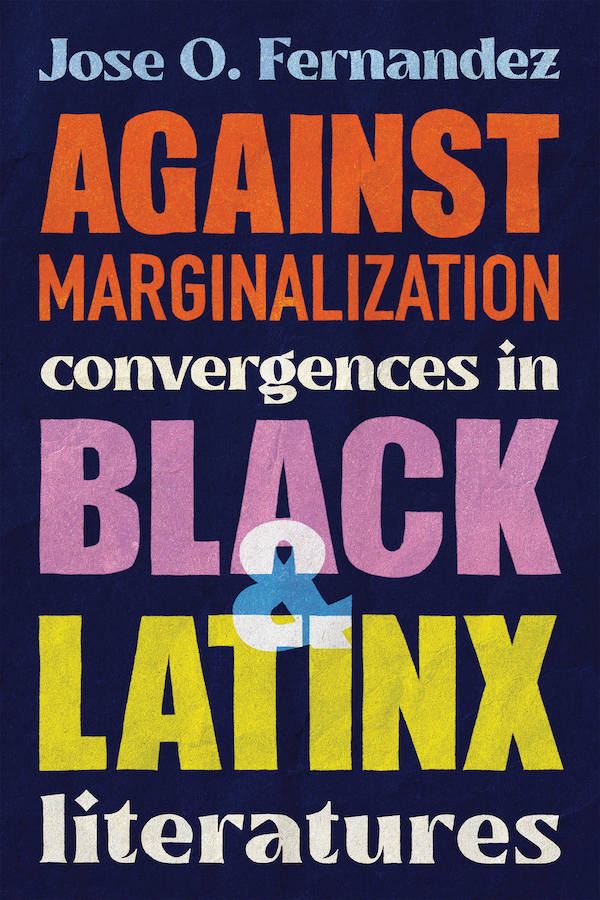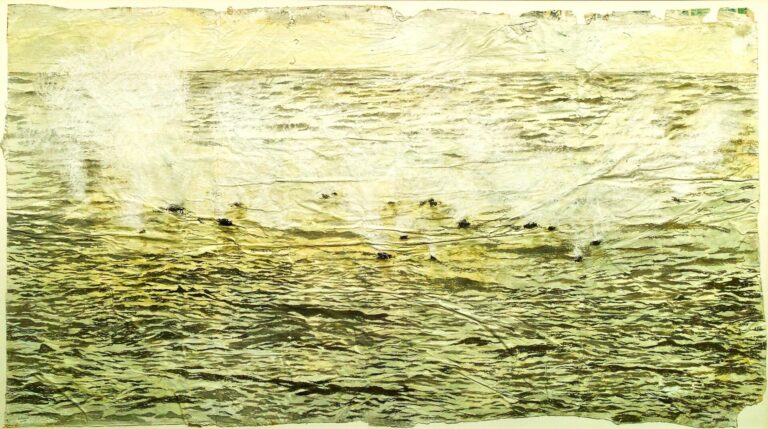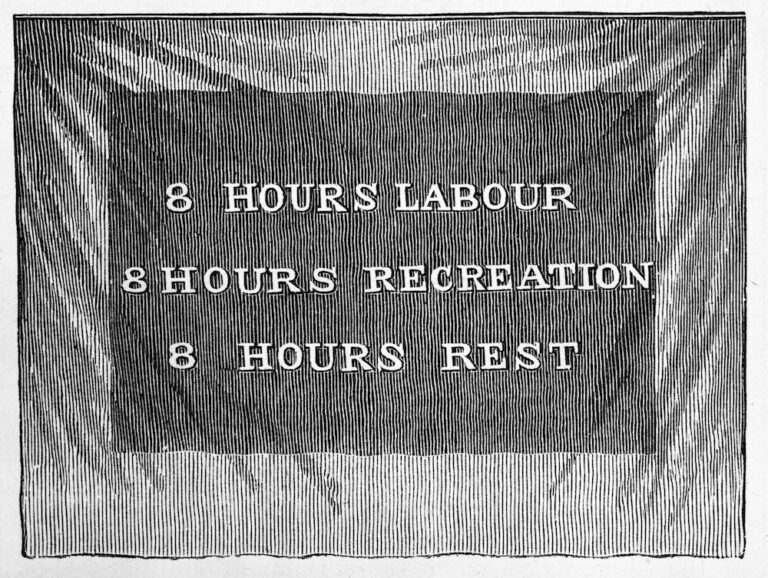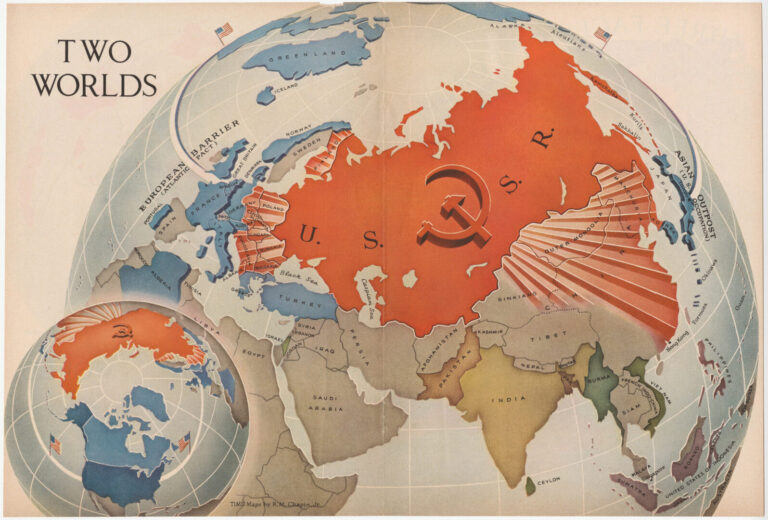Reflecting on this moment of “crisis”—an inadequate word to capture the scope, the cost, and the history of the present violences—we consider what “building something small” might look like, thinking complexly about the immediacy of people and our needs.
Keyword: cultural studies
Baldwin’s Balls: Sensuality, Profanity, and the Testicular Fortitude to Reckon with Race
Both sensuality and profanity dwell within love’s truthful self-expression. James Baldwin’s oeuvre reads race relations in the United States, revealing a skewed balance between sensuality and profanity rectified through authentic sensual connections across racial lines. This essay introduces Baldwin’s work as an exemplar of world reading, an ingredient of cultural literacy, to argue that sensuality prevents society from dismissing negative emotions as merely symptomatic of race or class resentment. Centering on profanity, the argument relies on how Baldwin deftly constructs sensuality as an inversive emotional balm for healing the US race problem through the feminine energeia found in his pervasive testicular discourse.
Review of Marx for Cats by Leigh Claire La Berge (Duke University Press)
Leigh Claire La Berge’s Marx for Cats reimagines the history of capitalism by analyzing archival documentation about felines. By updating bestiaries to include contemporary criticism of capitalism, La Berge positions cats as the key to an economic revolution. While the title and cover suggest a playful, possibly unserious analysis, La Berge carefully constructs a detailed history from feudalism to capitalism to point readers toward an animal-friendly future that reconsiders power structures and dares to imagine a world beyond capitalism.
Editors’ Introduction: Imaginary Futures
This issue introduction reflects on the upcoming 2025 Cultural Studies Association Annual Conference theme, “Imaginary Futures,” and cultural studies futures. This issue contains several articles that address the “presencing” of possible futures, whether through Black popular culture; digital laborers, tech workers and online sex workers; cannabis commodity aesthetics and working-class Black and Latinx life in contemporary California; or racialization of the K-pop band BTS. This issue also features several articles in the special section, “Political Economy and the Arts,” edited by Katerina Paramana, contributions to “Aporias,” edited by Joshua Falek, and the Positions podcast, and six book reviews.
Editors’ Introduction
This issue of Lateral introduces new features and significant original scholarship, including the Feeding the Civic Imagination forum, the debut of Aporias, new additions to Years in Cultural Studies and Positions, three original articles, and several book reviews.
Introduction
This special section provides snapshots of the field of cultural studies, querying theoretical lapses, overlaps, and contentions between and within competing texts. In these short pieces, emerging scholars enter contemporary or historic academic debates to complicate the canon without a desire for resolution.
Editors’ Introduction: Cultural Studies toward a Free Palestine
Responding to Palestinian organizers’ calls to use our voice, continue to engage in conversations, and to speak out, this statement articulates what we see as the abolitionist and anti-colonial way forward—the only way we can commit to a free Palestine. Imagining and building alternatives is the future, the horizon of possibility, that Lateral, as part of the intellectual and activist project of cultural studies, is imperfectly but consistently striving toward. Here, we highlight work in this issue, including the Towards Third Worlding forum, articles, book reviews, and the second installment of the Positions podcast. We continue to welcome authors to join in this work of pushing the field of cultural studies further, towards its promise of critical inquiry matched by political engagement.
Review of Against Marginalization: Convergences in Black and Latinx Literatures by Jose O. Fernandez (The Ohio State University Press)
Jose O. Fernandez’s Against Marginalization: Convergences in Black and Latinx Literatures is an innovative project that takes conversations about literary and cultural history in a new direction. Recognizing the efforts of Black and Latinx scholars in crafting distinct literary traditions and histories, Fernandez uses his book to argue for cross-ethnic literary studies and identify similarities between Black and Latinx traditions. This endeavor revolutionizes conversations about literary history of the United States and challenges narratives of exclusion and silencing. This book serves to show the importance of knowing the names of authors and artists, and the communities that fought for them, because they make up the fabric of US history. To learn those names next to Faulkner, Twain, Hemingway, Steinbeck, and Fitzgerald not only makes them part of American literary tradition but also spotlights their absence and exclusion in a way that expands the boundaries of “literary tradition.” This review takes seriously Fernandez’s project, which opens exciting avenues for cross-ethnic historic study while also examining opportunities for future study.
Editors’ Introduction: Lateral Changes
This issue marks the addition of a new co-editor and several special projects, including Lateral‘s first podcast, Positions. This issue presents two important sections of work, both building on conversations in the field and across publications: “The Black Shoals Dossier,” curated by Beenash Jafri, and the second part of “Crip Pandemic Life,” edited by Alyson Patsavas and Theodora Danylevich. In addition to these impressive sections, the issue features three research articles and ten book reviews.
Review of Fates of the Performative: From the Linguistic Turn to the New Materialism by Jeffrey T. Nealon (University of Minnesota Press)
Jeffrey T. Nealon’s Fates of the Performative: From the Linguistic Turn to the New Materialism crafts a history of performativity within contemporary theoretical thought. Through the structure of a genealogy, Nealon examines the nascence of performativity and its intersection with biopolitics and neoliberalism to predict not only the future of the performative, but also to imagine new avenues of criticism within the humanities.
Editors’ Introduction
In this introduction, the editors continue their reflections on scholarly editing in the pandemic, welcome two new co-editors, and announce a grant-funded initiative that builds on Lateral Forums. This issue features three regular articles, book reviews, and the first installment of a special section, “Crip Pandemic Life: A Tapestry,” which builds on the “Cripistemologies of Crisis” special section, edited by Theodora Danylevich and Aly Patsavas, last year.
Editors’ Introduction: New Milestones, New Initiatives
As we begin this second decade of Lateral, we reflect on the origins of the journal and new initiatives underway. We also consider the precarious nature of scholarly publishing and editing in the pandemic and reaffirm our commitment to this care work. This issue features three articles—two of which emerged from our articles-in-progress workshop at last year’s Cultural Studies Association annual meeting—as well as the 2021 Randy Martin Prize winning essay and a number of book reviews. We invite applications for our editorial team and proposals for new initiatives at the journal.
Editors’ Introduction: Materializing Immaterial Labor in Cultural Studies
This introduction frames the six original articles in this issue and the forum on “Corona A(e)ffects: Radical Affectivities of Dissent and Hope” around the concept of immaterial labor. Two full years into a pandemic that has uprooted place-based work for many, and forced even more indoors, away from public spaces, and onto screens, we reflect on the very material effects of present-day immaterial and emotional labor.
Back to Basics with Labor-Power: The Problem of Culture and Social Reproduction Theory
Ted Striphas recently called for a return to the “problem of culture” within cultural studies. This is a political as much as a methodological provocation: “culture” became an object of analysis among mid-twentieth century scholars in dialogue with Marxist accounts of ongoing political crises. Taking a cue from this past, this essay rethinks culture in relation to the ongoing crisis in social reproduction via Social Reproduction Theory (SRT). Within some Marxist feminist currents, “social reproduction” refers to the reproduction of labor-power, Marx’s term for the capacity to work sold on the market in exchange for wages. Marxist feminists have theorized such matters at length via their analyses of the practices undergirding the reproduction of labor-power. SRT is not unfamiliar to cultural studies scholars, but those engaged with it tend to explore the representation of socially reproductive practices within culture rather than the ways culture itself contributes to labor-power’s reproduction. This is unsurprising. Historically, the field has discussed labor-power in terms of its circulation rather than its reproduction, detailing culture’s role in reproducing social systems. Drawing upon Michael Denning’s “labor theory of culture,” recent work in SRT, and Marx, I argue that culture functions in a socially reproductive capacity within the logic of capitalism. In doing so, it casts cultural struggle as a form of social reproduction struggle at the intersection of labor-power’s reproduction and that of the society that requires it. This essay constructs a systematic account of culture’s socially reproductive function before using it to consider its historical expression in the current moment.
2013—East by Eastwest: Cultural Studies’ Route to Eastern Europe
In Eastern Europe, which is the focus of our study, different national scholarly traditions assigned their own place to the study of culture. Although the influence of the kulturologia (“culturology”) schools installed at Russian universities in the 1980s radiated out into Eastern European countries, local academic communities dictated the approach to the study of popular culture. While the Polish field of kulturoznawstwo was propelled by internal forces from the early 1970s onwards, in Czechoslovakia, kulturologie emerged as a new discipline around the fall of the Communist regime. Even so, it failed to take off and by 2012 had vanished completely from the Czech Republic. Central European countries were also affected by the German academic tradition of Kulturwissenschaften with its emphasis on philosophy and aesthetics. Our inquiry highlights the first international conference on cultural studies in the Czech Republic in 2013. It was during this event that a group of new postdocs from Charles University, including ourselves, raised the topic of changes in Eastern European popular culture due to the political transformation in 1989. This group had also arranged for Ann Gray, the final director of the UK Centre for Contemporary Cultural Studies (CCCS) to give a keynote address at the conference, a gesture that clearly linked the CCCS with the group’s own Centre for the Study of Popular Culture (CSPK) established three years earlier. From the outset, CSPK’s organizers aimed to promote the Anglo-American tradition of cultural studies both in the academy and among the general public. At the same time, they sought to retain their independence from academic structures and funding systems that might restrict their political activism.














